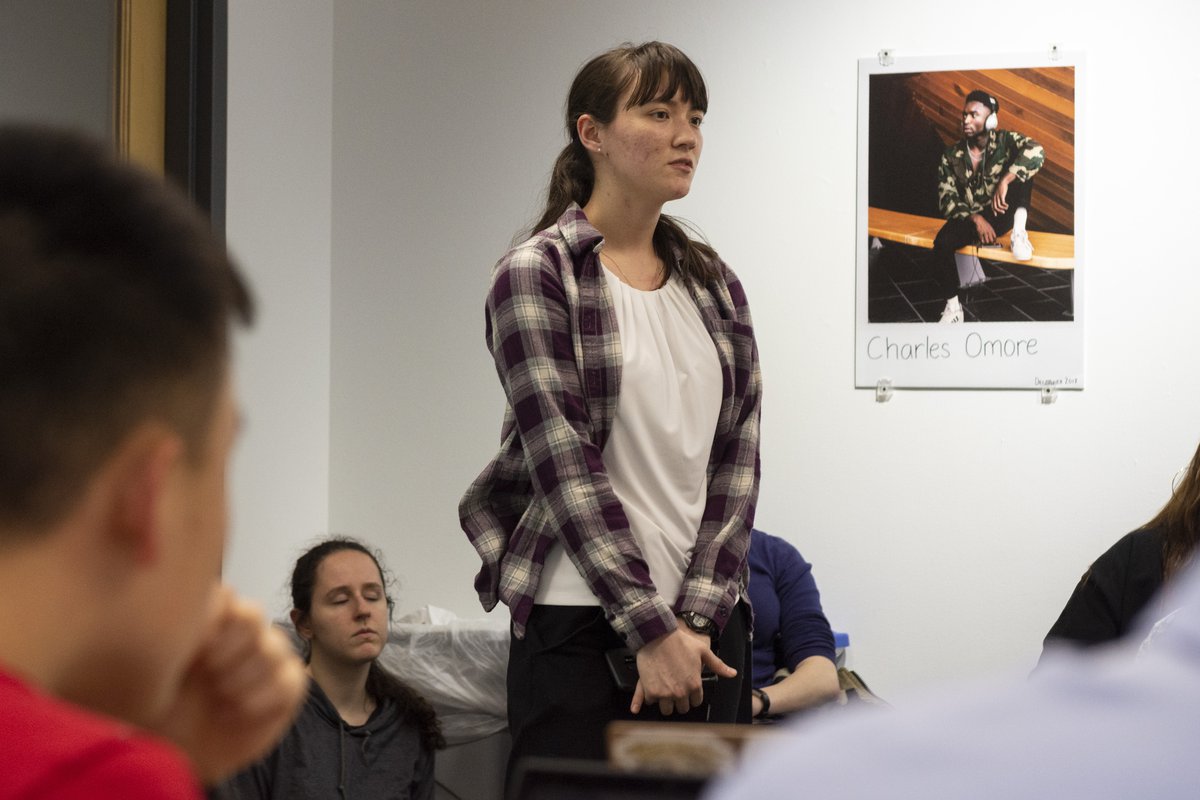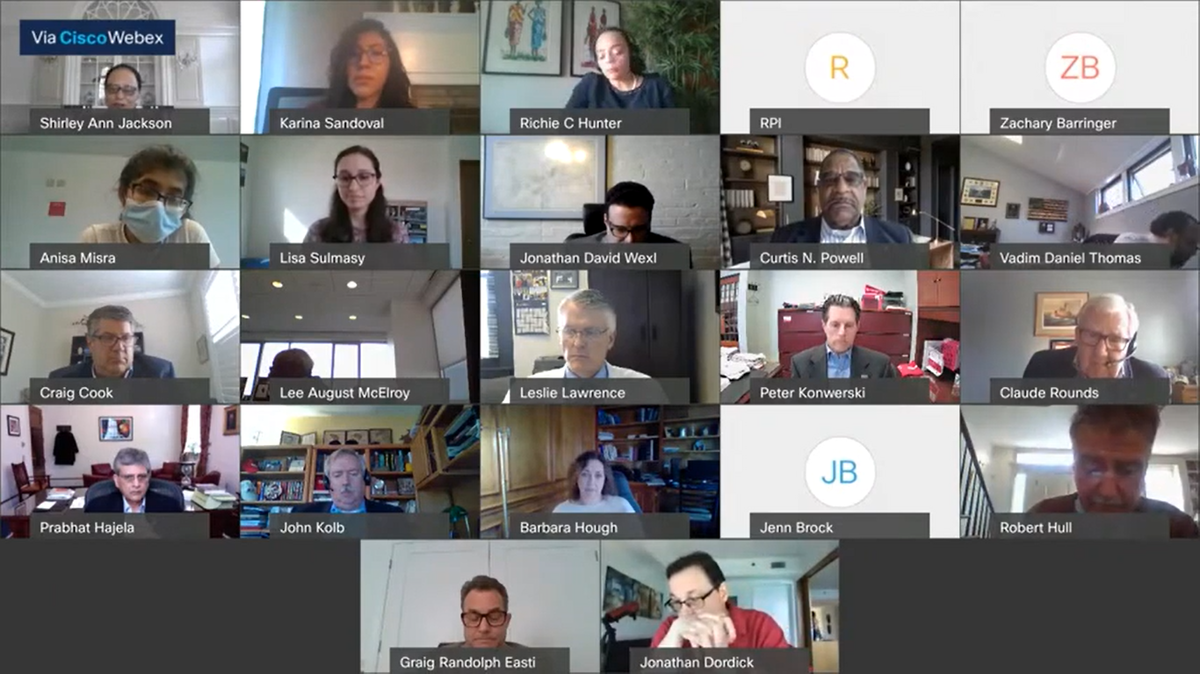The importance of Asian-American allyship
Monday marked the end of Asian American and Pacific Islander Heritage Month. As young Asian-Americans, we wanted to examine the role of Asians in America: how we came to this country, how we lived, and how we can move forward as a group, particularly in today’s social climate.
Asians and Pacific Islanders have a long history in the United States. Asians first came to America as laborers, working on railroads, in factories, in mines, or in construction, and later as students and refugees. Socioeconomic factors like competition for jobs and biased cultural perceptions were used to justify discriminatory legislation such as the Chinese Exclusion Act of 1882 and the Immigration Act of 1924.
In the face of these challenges, the Asian-American community made considerable contributions to American history, including developments in science, technology, politics, the arts, and participation in civil rights and labor movements.
The roles of Asian and Pacific Islander Americans in modern America are crucial to examine, as we find ourselves constantly balancing our ethnic and cultural heritage with our American identity. We believe that finding our place in American society begins with education and allyship.
As members of a diaspora, we have a responsibility to educate ourselves on the social injustices in our ancestral countries. Discrimination against minority groups is ubiquitous, from ethnic cleansing in Myanmar to the casteist and Islamophobic Citizenship Amendment Act recently passed in India. Imperialism and colonization by both western and eastern civilizations continue to shape majority-minority dynamics, perpetuate racism against other AAPI groups, and reinforce systems of privilege. Colorism is prevalent throughout Asia, rooted in ideals of status and beauty perpetuated by colonizers. Homophobia, transphobia, and sexism fuel systematic oppression and violence within families. The expectation to have a nuclear family and cultural stigma against mental health treatment have been passed down through generations, affecting both the diaspora and people currently living in Asian countries. Embracing the empowering and beautiful qualities while denouncing antiquated thinking in our cultures, as well as learning from our histories while sharing our struggles and mistakes, are necessary for progress. Education is the first step to combating these injustices.
We must also familiarize ourselves with the way our community interacts with other racial communities. Most Asian Americans are familiar with the “model minority” myth: a phrase dating back to the 1960s that frames Asian Americans as disproportionately successful to justify prejudice towards other communities of color. While this idea has been weaponized against the AAPI community, this myth also propagates antiblack sentiment and further divides marginalized groups.
One of the police officers who aided the murder of George Floyd last week, Tou Thao, is Hmong-American. His actions are indefensible and indicative of the prevalent antiblack sentiment in the Asian community. We must accept responsibility for the rampant racism in our community and actively work to dismantle it. Asian-Americans owe a great debt to the Civil Rights movement, so it is only right that we ally ourselves with the ongoing movements for racial equality.
Allyship is one of the most meaningful actions we can take. Listen respectfully to the voices and experiences of other communities. Conversations begin in the family: address the various racial and ethnic prejudices that are far too common in Asian households. If you are not from a Muslim family, address your family’s Islamophobia and have difficult conversations to change their mindset. If you are a non-black Asian, talk about the antiblackness within your family and community.
Take action by donating to the Black Lives Matter movement and other racial justice organizations, signing petitions, contacting government representatives, and getting involved in local activist groups. Make sure to vote! Read antiracism literature and consume antiracist media to educate yourself and confront your implicit biases as preparation for having conversations about racism within your community. Learn how the criminal justice system and police systematically enforce racism. While the conversations or realizations you have might be uncomfortable, active allyship outweighs your discomfort. Discomfort leads to growth.
Below are resources to practice effective and continuous activism and allyship.
Racial Justice Organizations:
Articles:
- Opinion article on how Asians can be effective allies for the black community. (Medium)
- Opinion article on how South Asians can show solidarity with the black community, with further resources at the end. (Medium)
- Tips for being an effective ally, from experienced activists. (Vox)
- Opinion article on why reparations should be made to black Americans that includes an analysis of historical and current segregation. (The Atlantic)
- The history of the model minority myth and how it has been used to drive a wedge between Asian and other minority populations. (NPR)
- An explanation of the systemic issues with the policing system in America to combat the "few bad apples" argument. (Vox)
- Opinion article on the ways Asians perpetuate antiblackness. (Medium)
- Dr. Martin Luther King, Jr.'s iconic "Letter from Birmingham Jail," which states that all people have a moral responsibility to protest against racism and emphasizes the need for direct action. (University of Pennsylvania)
Literature:
- Dr. Ibram X. Kendi, How To Be An Anti-Racist
- James Baldwin, The Fire Next Time
- Ijeoma Oluo, So You Want to Talk About Race
- Robin DiAngelo, White Fragility: Why It’s So Hard for White People to Talk About Racism
- Ira Katznelson, When Affirmative Action Was White: An Untold History of Racial Inequality in Twentieth-Century America
- Ta-Nehisi Coates, Between the World and Me
- Edited by Cherríe L. Moraga and Gloria E. Anzaldúa, This Bridge Called My Back: Writings by Radical Women of Color
- Maya Schenwar, Joe Macare, Alana Yu-Lan Price, Who Do You Serve, Who Do You Protect?
- Further recommendations at blackwomenradicals.com

 Administration
Administration
 Academics
Academics
 Town Meeting
Town Meeting